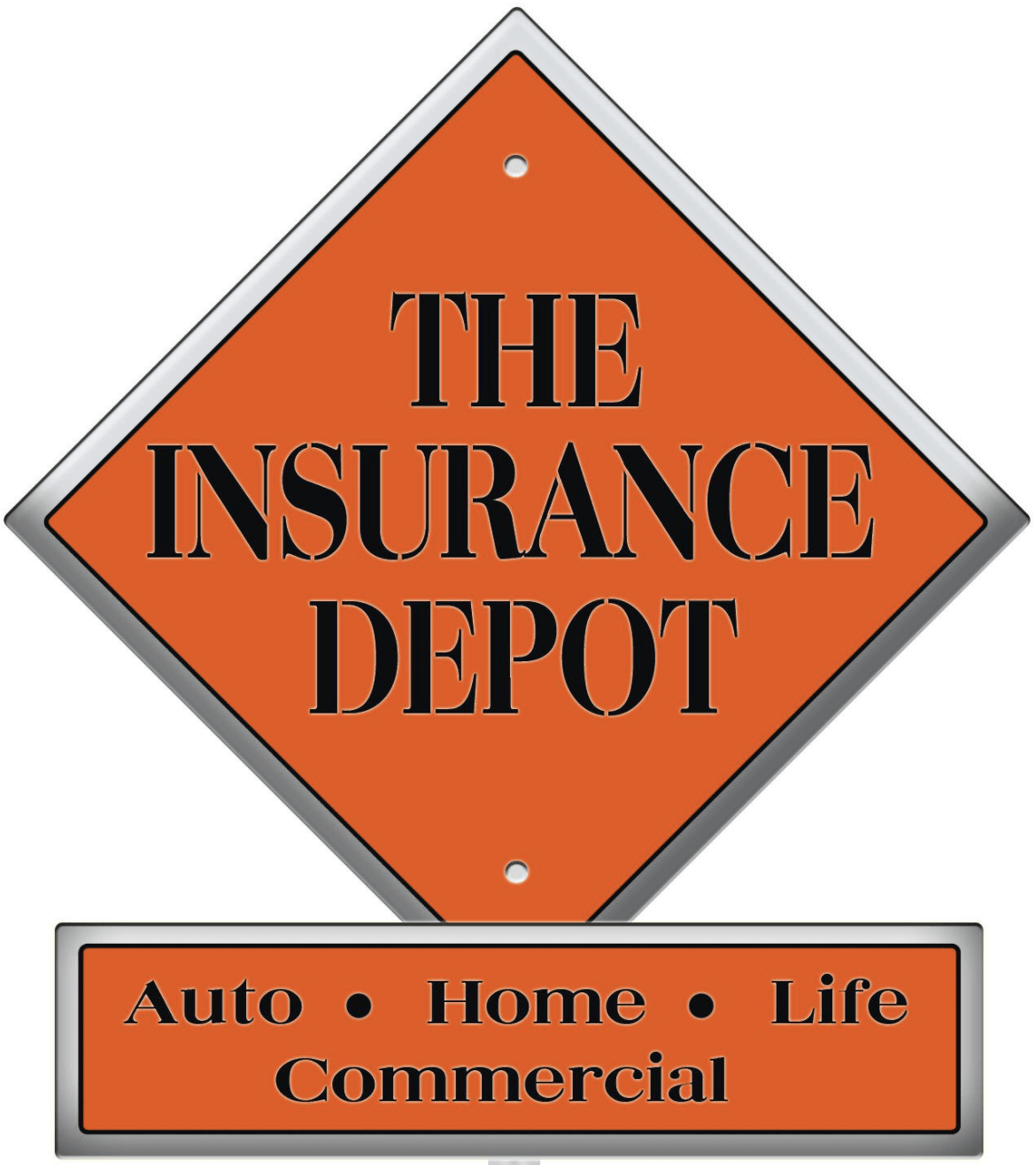Commercial Insurance
Get Commercial Insurance In Queen Creek
Researching the different types of commercial or business insurance isn’t always easy. Business insurance requirements vary from state to state and names for individual coverages aren’t always consistent among insurance companies. Whether you are contemplating starting a new business, are a new business owner, or have owned a business for quite some time, commercial insurance can be one of the most important ongoing financial investments you make in the life of your company. Operating a business is extremely challenging without having to worry about suffering any significant financial loss due to unexpected circumstances. Commercial insurance can protect you from some of the most common losses experienced by business owners. Purchasing the appropriate commercial insurance coverage can make the difference between going out of business after a significant loss or recovering with minimal business interruptions.
What Is Commercial Insurance?
Commercial business insurance is coverage for businesses and corporations that are designed to protect a business and its employees. Since there are many different types of businesses, commercial insurance also greatly varies. Commercial insurance is aimed at helping businesses stay protected against risks that may threaten their success. Depending on the chosen coverage, commercial insurance may be aimed specifically at protecting the business’ reputation, its wellbeing, and financial situation, as well as the employees working for the business. Contrary to personal insurance, commercial insurance can cover multiple people and employees. Commercial insurance is also very different from personal insurance as there are much higher limits of coverage since there’s more physical property at stake.
Commercial insurance is a general term that covers lots of different types of insurance, including public liability insurance, employer’s liability insurance, and professional indemnity insurance. These different types of insurance protect a business against claims due to losses, injury, or damages. Policies can insure you against claims made by employees, customers, and the general public. Commercial insurance carriers and agents are specifically trained in the risks and threats that businesses face. Plans are often structured to a company’s specific industry and day-to-day activities. Personal insurance plans, on the other hand, tend to have a one-size-fits-all purchase process.
Types of Commercial Insurance
As a business owner, you may be wondering what type of business insurance you need. While that greatly varies depending on what type of business you’re in, there are several types of commercial insurance policies that the majority of businesses should consider. Commercial insurance helps businesses stay protected and different industries need protection in different areas. There are many types of commercial insurance that businesses should consider. A few of the most common include:
- General Liability - If a customer gets injured at your business location due to something that you or your employees did or failed to do, then general liability insurance is designed to cover the potential medical costs and associated legal fees. This kind of coverage can also cover “advertising injury,” which can include offenses like libel and copyright infringement.
- Property Insurance - Commercial property insurance covers your building and its contents as well as any resulting impact to your business income in the event that it is affected by theft, a fire, or a natural disaster. Property coverage can be “named-peril,” “special,” or “open-peril.”
- Workers Compensation - Workers’ compensation insurance is a necessity for any business. Without a workers’ compensation policy, damages for injuries gotten at work can build up to thousands or even millions of dollars. Without adequate coverage, employers leave themselves open to punitive damages, lawsuits, and large medical bills. Workers' compensation insurance is usually required for a company that has more than one employee. If you compare the cost of a workers’ compensation policy with the potential cost of a lawsuit, it makes sense to have proper coverage since out-of-pocket expenses can bring major losses to a company. This is important even if you deem your business area to have a safe working environment as accidents can still happen.
- Business Interruption Insurance - A lot of things can cause your business to be shut down momentarily, these may include problems with electricity, a hacking incident, or even major disasters caused by natural events. Having business interruption coverage can help you feel more at ease when this happens. This coverage is designed to protect your business during covered events and can replace the money you would have made or provide funds for you to operate at a different location temporarily.
- Employment Practices Liability Insurance (EPLI) - A business can face employment-related claims just like they do a property or general liability claim. If you work with people, your business is a candidate for EPLI coverage. This can be offered as a stand-alone or can be combined with an existing policy. EPLI helps safeguard businesses against employee lawsuits alleging inappropriate or unfair acts. Violating an employee’s rights can have devastating consequences. Most EPLI policies are written on a claims-made basis, which means that coverage is triggered when a claim is made against an insured business. EPLI typically covers the legal fees and settlement costs or damages, but there is a coverage limit in every policy. If you have employees, vendors, or customers, it’s best to have EPLI coverage. General liability coverage does not protect your business from employment-related claims filed by your employees or vendors. Every business, regardless of whether it’s large or small, can be the target of legal action from past, present, and prospective employees.
- Crime Coverage - Commercial crime coverage protects businesses from employee and third-party theft of money, securities, and other property. This includes electronic funds transfer fraud, employee theft, and fraudulent impersonation.
